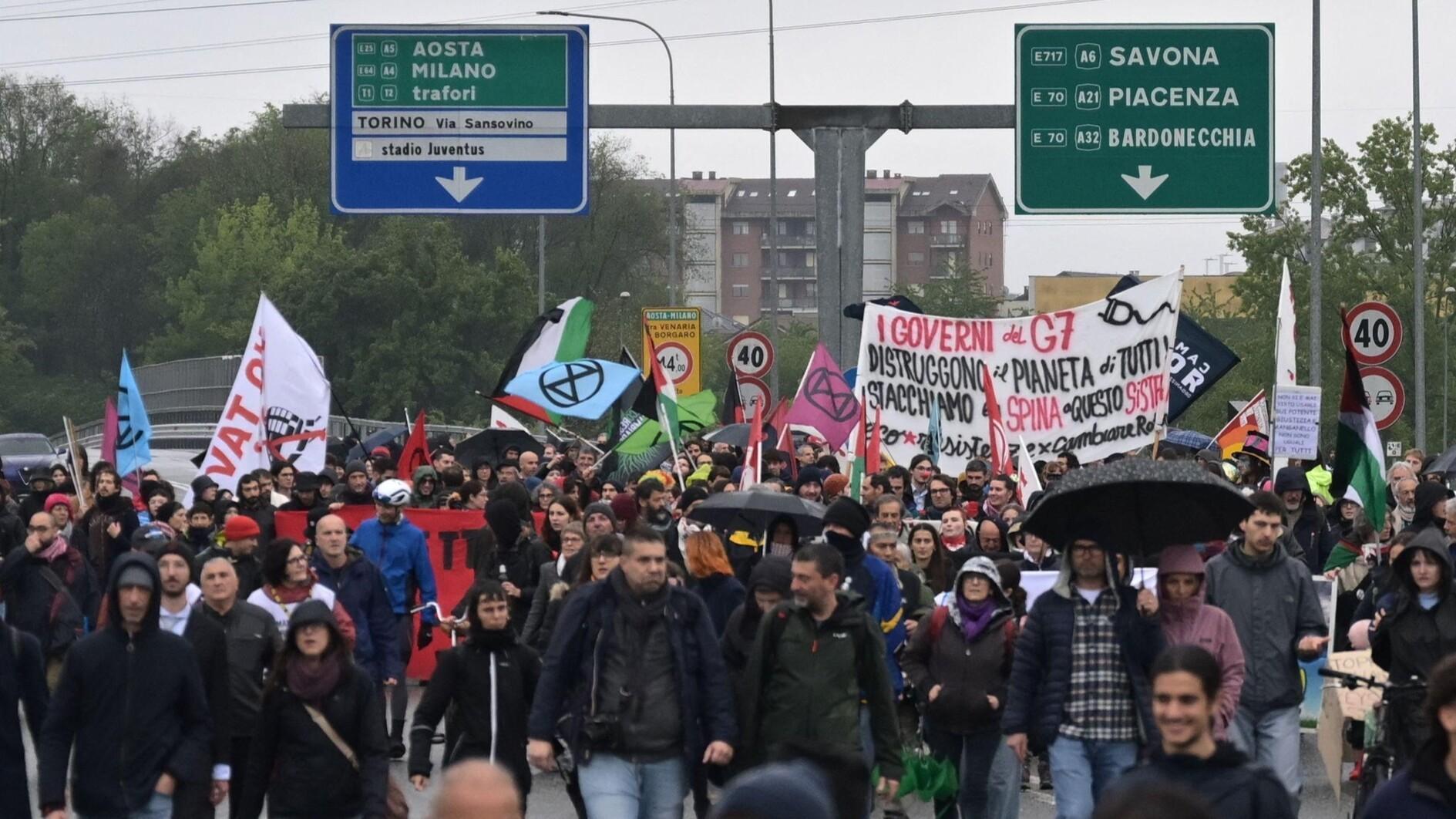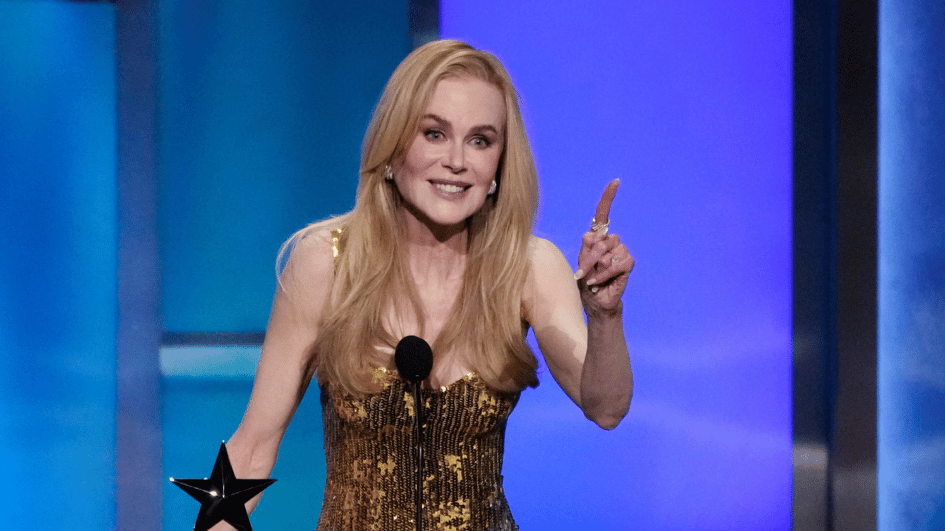Egypt on the third anniversary of the revolution
When the previously banned and currently unregistered Muslim Brotherhood declared the first political party after Egypt’s revolution, they called it “Freedom and Justice.” Egyptians expected nothing less from their revolution. Close to two years down the line, they got neither. As Egypt approaches Jan. 25, marking the start of its third year of revolution, many are still seeking their freedom and justice. The Brotherhood might have started off with the right name for its party, and went on to achieve its ambition for power and managed, so far, to stay at the helm of a turbulent political struggle. It has, however, failed to live up to its name at social and economic levels. Freedom and justice, among many other slogans of a political democracy, mean nothing much unless the politics are able to deliver on the ground. So far, most Egyptians are apprehensive and disappointed.
The disappointment is not without consequence. As politicians brace themselves for yet another polling round where they will fiercely compete for the votes of the people to represent them in Parliament, the majority of the 85 million plus struggle to survive in deteriorating living conditions, degraded health and education conditions, the crunch of an inevitable economic crisis with prices rising, and to top it all off an unforgiving, cold winter. One must acknowledge that most Egyptians have had years of practice surviving such shameful conditions, so much so that no one would actually believe that one day things might change. It is that reality of the revolution that raised hopes for a change for the better. Egyptians have developed high expectations for real change. Any political gain cannot and will not be sustained unless they deliver real social and economic change.
Real change doesn’t come easily, as many would acknowledge, but in reality, the ongoing political war for power in Egypt might not be afforded the luxury of more time. Promises will get you so far ahead but the real test will always be on the ground. Egypt might have high illiteracy rates and many might not be brilliant at the intricate rules of the political game, but for certain the majority is not ignorant of the fact that it deserves a much better life. This time they expect delivery soon.
Political power is won on the ground, supported by the people and continues to be maintained by the people. Trees don’t grow from the top down, they root first to build strong bark then enjoy a tall head held up high. The Muslim Brotherhood might have had a kick start as it ascended to power with a base cultivated over years of service and charity. They were not alone on the playing field then, as they are not alone now. For decades, the Egyptian government and non-governmental institutions have tried to fill the gaps of degrading social and economic conditions. The difference was not only in the capacity to deliver but mainly in their diverse objectives to deliver social economic support. The government mainly sought control to secure its power, the non-governmental efforts mainly engaged in a human development agenda and the Brotherhood had their eye on a gradual cultivation of their power base, awaiting opportunity.
So how much longer will those whose hopes were expanded, those who dared to dream and the many whose creative imagination propelled them to insist on change, wait for the ground roots to shake again?










